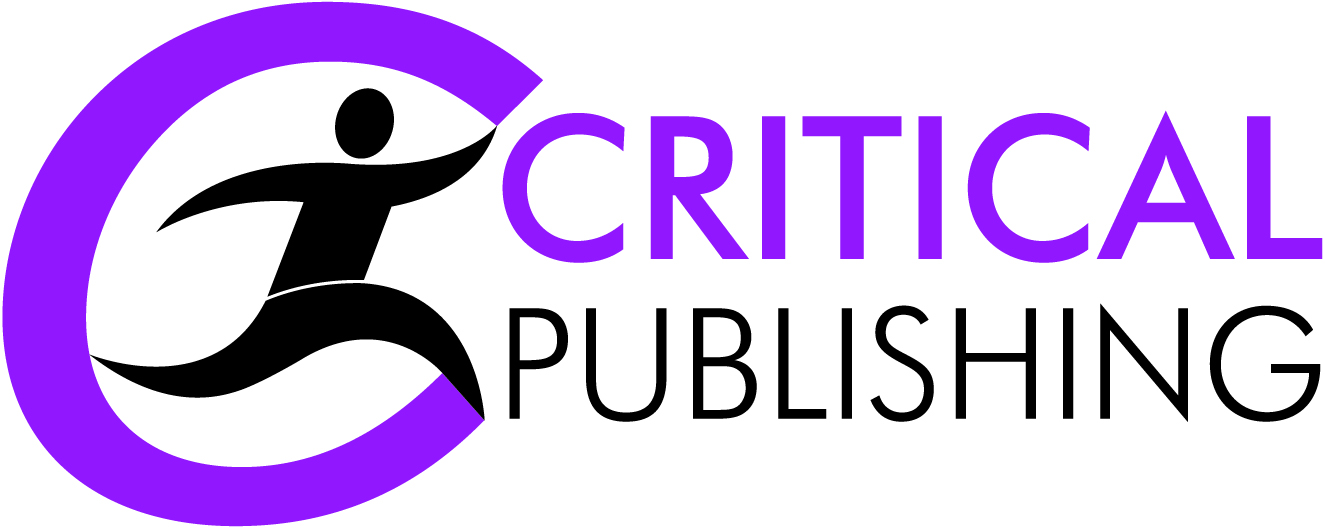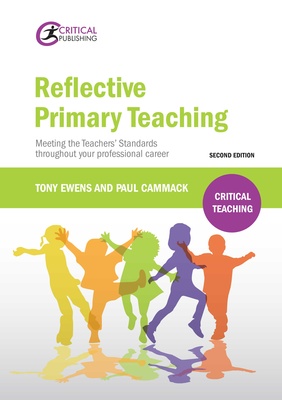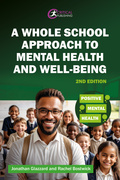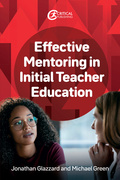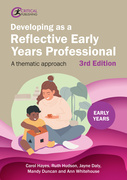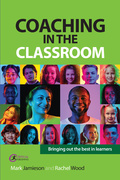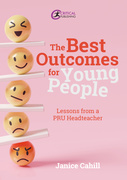Reflective Primary Teaching
Meeting the Teachers’ Standards throughout your professional career
AUTHOR : By Tony Ewens and Paul Cammack
ISBN : 9781912096169
Edition No : 2
Publication : Jun 7, 2019
Extent : 208 pgs
ISBN : 9781912096145
Edition No : 2
Publication : Jun 7, 2019
Extent : 208 pgs
ISBN : 9781912096152
Edition No : 2
Publication : Jun 7, 2019
Extent : 208 pgs
ISBN : 9781912096138
Edition No : 2
Publication : Jun 7, 2019
Extent : 208 pgs
Description
This essential text helps student teachers, classroom teachers at all stages in their careers, school mentors and teacher educators develop their effectiveness by analysing and improving their practice in the light of a deeper understanding of the professional Teachers’ Standards. Each aspect of the Standards is dealt with in a chapter of its own, where the central topic is presented as both complex and contested in a way that invites readers to formulate their own interpretations. The approach accentuates the importance of reflection as a key professional attribute and readers are encouraged to reflect on their own experiences and on their responses to case studies and quotations as a means of helping them to develop their understandings.
This new edition takes account of the current educational context, with an emphasis on evidence-based practice, and includes extension tasks to address M level demands, fully revised and updated chapters on SEND and assessment, and a completely new final chapter highlighting CPD and appraisal for serving teachers.
Contents
Introduction: why reflective primary practice?
- Inspiring, motivating and challenging your pupils
- Promoting children's learning
- Subject and curriculum knowledge
- Well-structured teaching
- Meeting the needs of all pupils
- Using assessment accurately and productively
- Managing pupils' behaviour
- Fulfilling wider professional responsibilities
- Personal and professional conduct
- Postscript
Author
Paul Cammack worked as a teacher in secondary and primary schools in Lancashire for 18 years before moving into initial teacher education (ITE) at St Martin’s College and the University of Cumbria. Paul has taught across a wide range of undergraduate, postgraduate and Masters level courses on both university-based and school-based ITE programmes and he has experience of working on transnational projects exploring school leadership, the evaluation of teachers’ practice, and tackling marginalisation in education.
Tony Ewens worked as a teacher and headteacher in primary and middle schools in Devon, then as the county’s advisory teacher for religious and moral education, before moving into Initial Teacher Education as a lecturer at St Martin’s College (now the University of Cumbria). Specialising in philosophy of education as well as RE, he became Head of Education and Associate Dean at St Martin’s College. Upon the formation of the University of Cumbria Tony was appointed Head of Education Studies. He retired in 2008 and worked as a freelance consultant and author.
Publication Overview
Availability:
Your Reviews on this book
Very clearly presented text that incorporates all the relevant aspects related to reflective teaching. Reflective teaching is a very important aspect of the role and it is vital that trainees are given structure to be able to do so effectively - this text will be used to support this process.
It has a good balance of theory and practice. The broad range of topics will be very useful as students prepare for interviews as well as starting points for workshop discussions. The reflective tasks will be especially useful here. The topics link very well to the Teachers’ Standards and students could use the book to get a bigger picture of what meeting each Standard could involve. The book is well-written and well-structured, and the style is engaging with anecdotes enhancing the more theoretical elements. The author has credibility, given his breadth of experience.
This book is set out in a very readable way and is packed with ideas for self-help through the reflective tasks. Having references and focused 'Take it further' readings at the end of each chapter allows the reader to delve deeper into a specific area of interest more quickly than having to search through the Bibliography for details. Setting out clearly the Learning Outcomes at the start of each chapter makes it clear exactly what the content will be.
